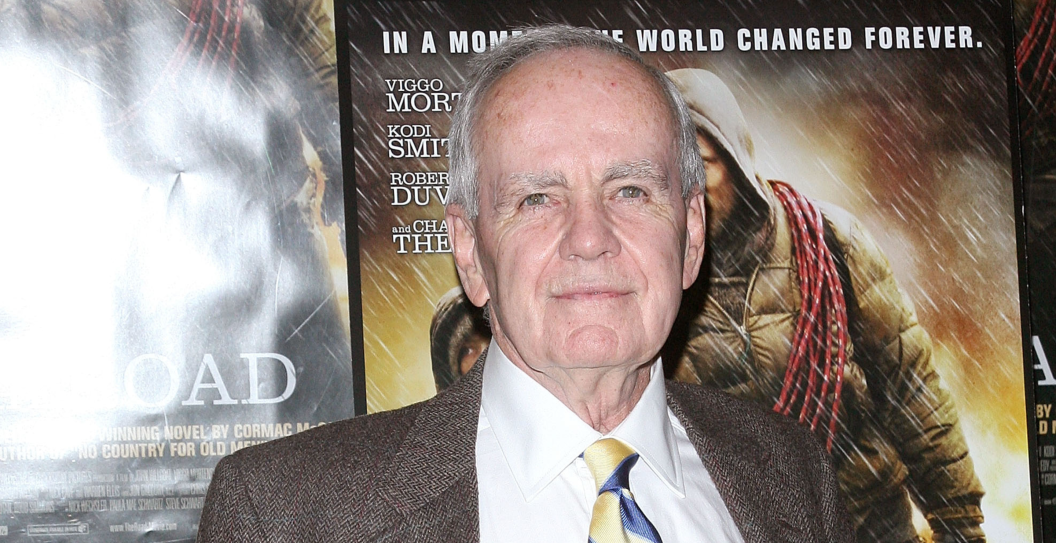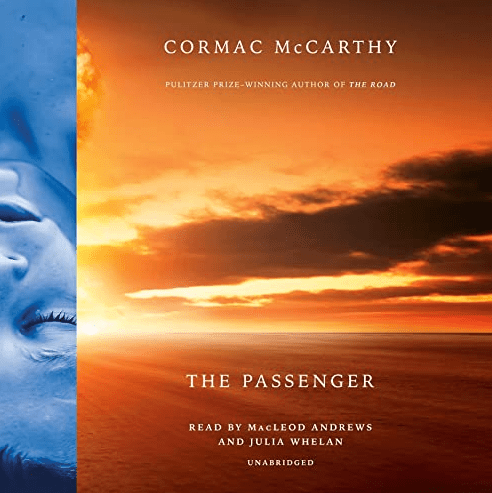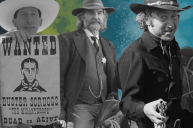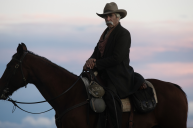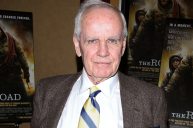Cormac McCarthy, who died this year at the age of 89, established himself as a weaver of gritty, soul-stirring tales of the American South and West. His jet-black and gut-wrenching prose carves into the mind the raw truths of life.
Videos by Wide Open Country
His novel No Country for Old Men, which was adapted into an Oscar-winning Best Picture by the Coen brothers, paints the West with blood-soaked pages, not shying away from the harshness of the land or the darkness within people. Blood Meridian explores that Western terrain before it was tamed, indexing the unfathomable cruelty upon which our nation's expansion was built.
He also examines that cruelty in times that haven't yet happened. The Road, which was published in 2006 and won McCarthy a Pulitzer Prize, examines a man and his young son navigating a dark and crumbling post-apocalyptic wasteland. The Road got the reclusive author to appear on The Oprah Winfrey Show when she made the novel part of her book club.
The heavy subject matter is magnified by his style, his unique way of writing that dances between the boundaries of grammar. His words flow — sometimes like a whisper, sometimes like a storm — carrying emotions straight from his characters' hearts to yours.
McCarthy was also known for his enigmatic personal life. He was famously reclusive and dismissed opportunities for recognition and financial gain. "We lived in total poverty," his second wife — he had three — once told The Times. "We were bathing in the lake. Someone would call up and offer him $2,000 to come speak at a university about his books. And he would tell them that everything he had to say was there on the page. So we would eat beans for another week."
Though he could probably care less about the distinction, McCarthy's impact on literature is undeniable. He's a conjurer of feelings, a teller of truths. His stories remind us that even in the harshest of circumstances, the human spirit burns on.
He wrote a few plays and screenplays during his 50-year career, but it's his novels that made him an iconic figure in the Southern Gothic tradition. Here's our ranking of all 12 novels he wrote.
12. "Stella Maris" (2022)
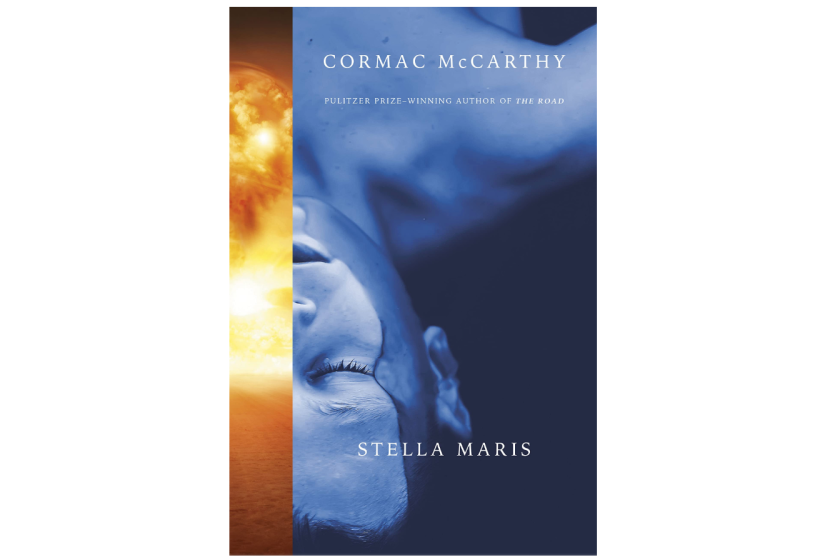
Amazon
Released simultaneously as a companion novel to The Passenger. Alicia Western, a math prodigy, grapples with her father's role in the U.S. atomic bomb development. Set entirely in Black River Falls, Wisconsin, the novel unfolds within the non-denominational psychiatric facility, Stella Maris. The narrative centers on dialogues between Alicia and her psychiatrist, Dr. Cohen, resembling a play without stage directions or exposition. They delve into mathematics, quantum mechanics, music theory and abstract philosophy, crafting a unique exploration of Alicia's inner world and her conflicting emotions.
11. "The Passenger" (2022)
The novel tracks Bobby Western, a diver navigating the Gulf of Mexico and the American South, gripped by his father's atomic bomb involvement. Haunted by his sister Alicia's earlier suicide — a key event in the preceding work Stella Maris — Bobby wrestles with his past while traversing a tumultuous emotional landscape.
10. "The Orchard Keeper" (1965)
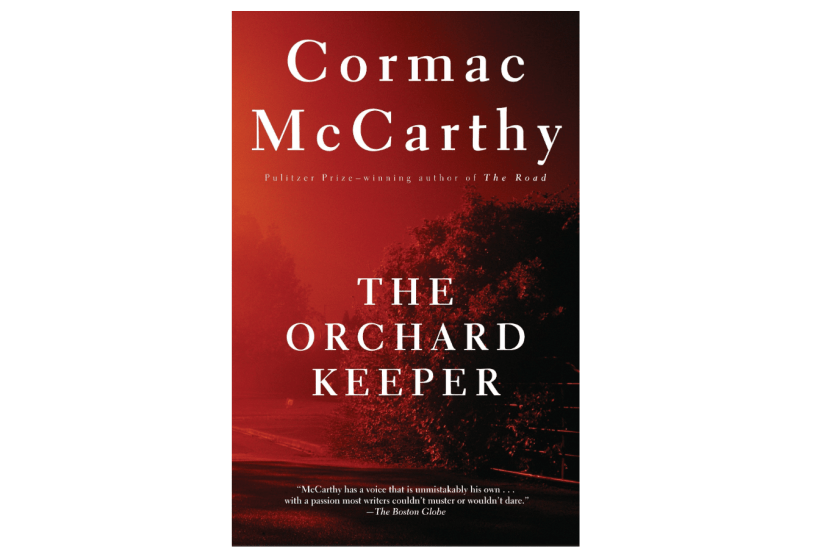
Amazon
McCarthy's debut unravels the lives within a rural Tennessee community. A hunter, a bootlegger and a young boy's paths converge, revealing the intricate tapestry of nature's influence that binds them together. Set against a backdrop of quiet but persistent tensions, the novel explores the complex interplay between characters and the land they inhabit.
9. "Outer Dark" (1968)
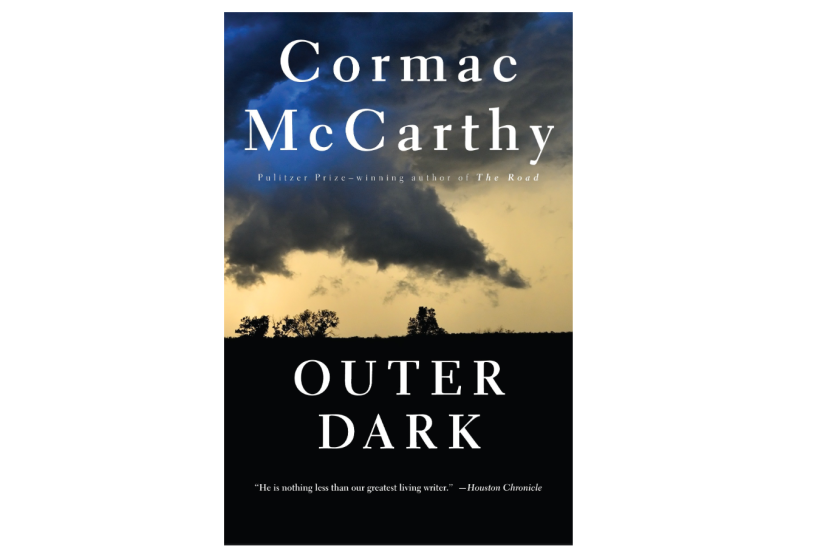
Amazon
Amid the haunting landscapes of Appalachia, McCarthy crafts a narrative that follows a brother's unrelenting quest to find his sister. As the journey unfolds, eerie encounters and uncanny situations test the limits of their familial bonds, providing a chilling exploration of the depths of human determination and the darkness that resides within.
8. "Child of God" (1973)
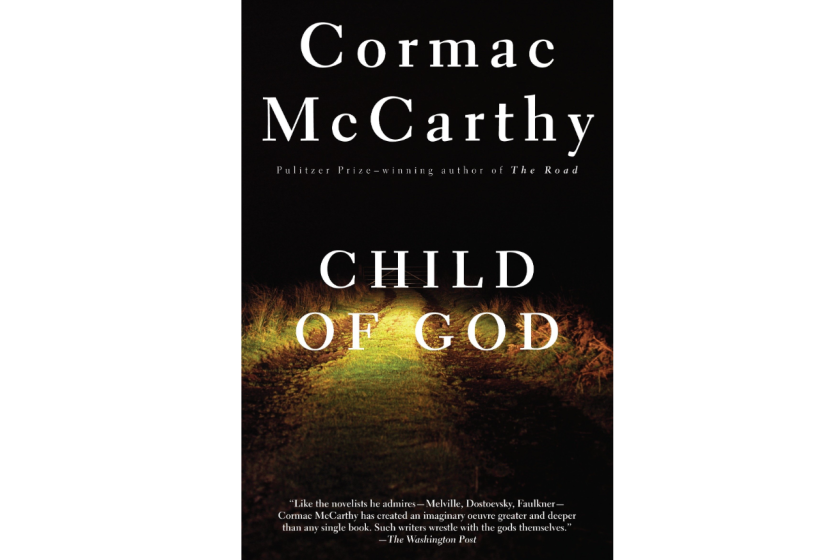
Amazon
In the rugged terrain of Tennessee's mountains, McCarthy delves into the unsettling narrative of a recluse's descent into madness. Through a raw and unflinching lens, the novel probes the protagonist's increasing isolation and violent tendencies, painting a portrait of a man untethered from society and sanity.
7. "Cities of the Plain" (1998)
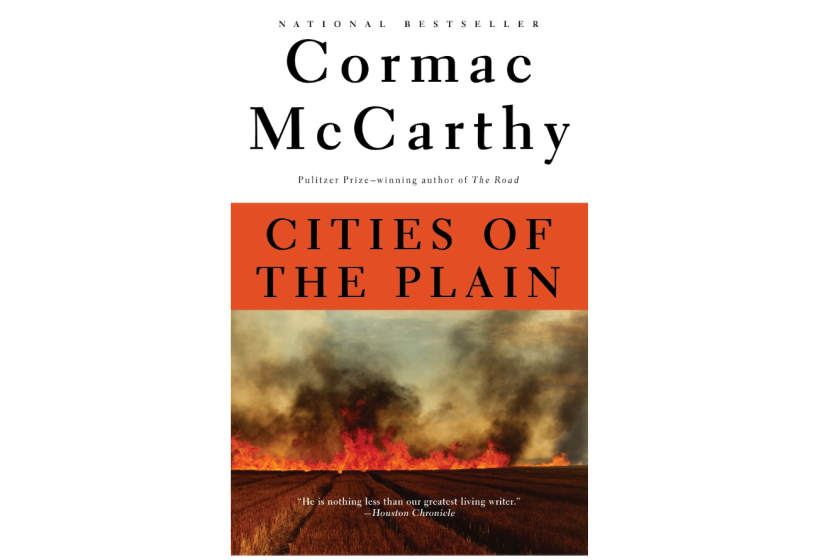
Amazon
The culmination of the "Border Trilogy" sees McCarthy weaving a poignant narrative that unites two friends in a changing West. Against the backdrop of shifting landscapes, themes of loyalty, love and the passage of time come to the forefront, creating a bittersweet exploration of human connections and the transient nature of existence.
6. "The Crossing" (1994)
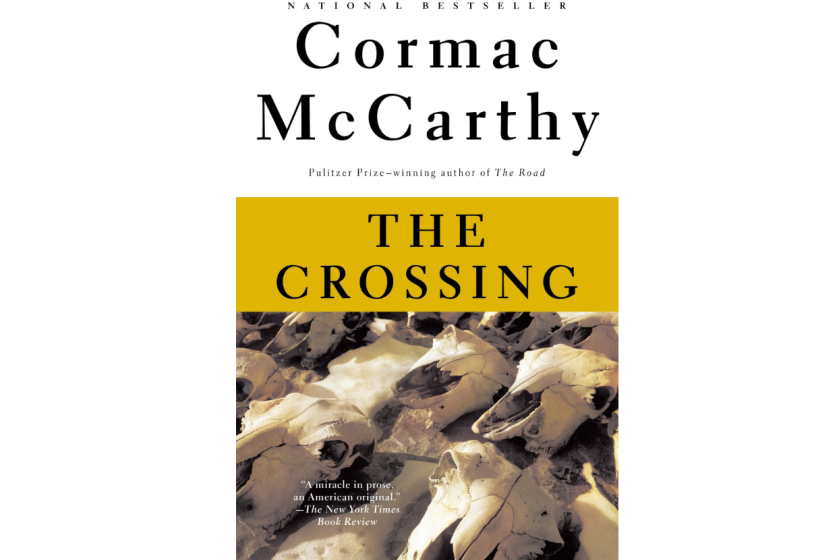
Amazon
McCarthy's second entry in the "Border Trilogy" follows a cowboy's journey into Mexico, transforming into a soul-searching odyssey in the face of cultural dissonance and personal loss. The novel's sweeping landscapes and introspective themes showcase McCarthy's ability to delve into the complexities of identity and purpose within a changing world.
5. "Suttree" (1979)
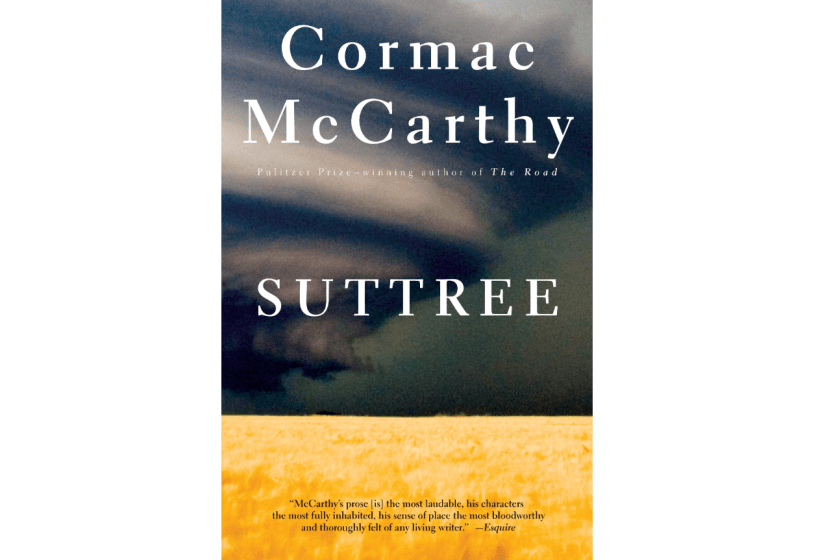
Amazon
Along the Tennessee River, McCarthy takes readers on a journey through the unconventional life of Cornelius Suttree. As he abandons societal norms, the novel explores themes of solitude, introspection and the pursuit of meaning, painting a vivid picture of a man's quest to find his place within the vastness of existence.
4. "All the Pretty Horses" (1992)
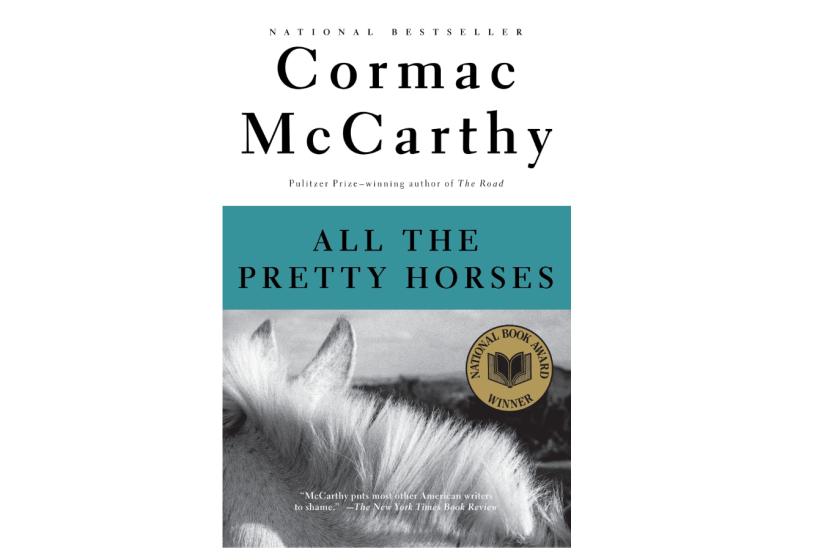
Amazon
The first in his "Border Trilogy," McCarthy's National Book Award-winning novel follows John Grady Cole's odyssey into Mexico. Against a backdrop of mythic cowboy ideals, the narrative delves into themes of authenticity and self-discovery, offering a mesmerizing exploration of the clash between personal desires and the constraints of reality.
3. "The Road" (2006)
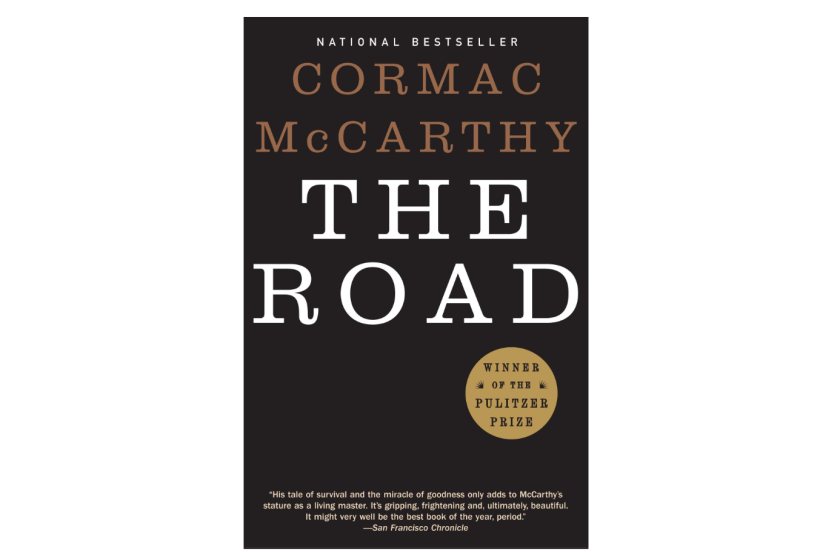
Amazon
McCarthy's haunting narrative unfolds in a post-apocalyptic world, where a father and son navigate the desolation while grappling with harrowing challenges. The novel's emotional depth and stark portrayal of survival create a gripping meditation on love, resilience and the enduring human spirit.
2. "No Country for Old Men" (2005)
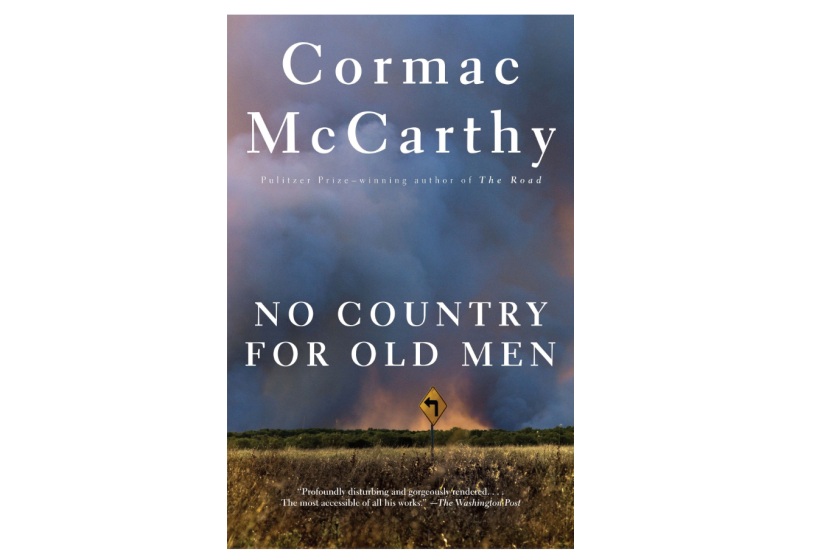
Amazon
McCarthy's modern Western thrusts a hunter into chaos when he stumbles upon a botched drug deal. The ensuing violent chain reaction pits an assassin against a desperate struggle for survival, all set against a backdrop of moral ambiguity and existential reflection.
1. "Blood Meridian" (1985)
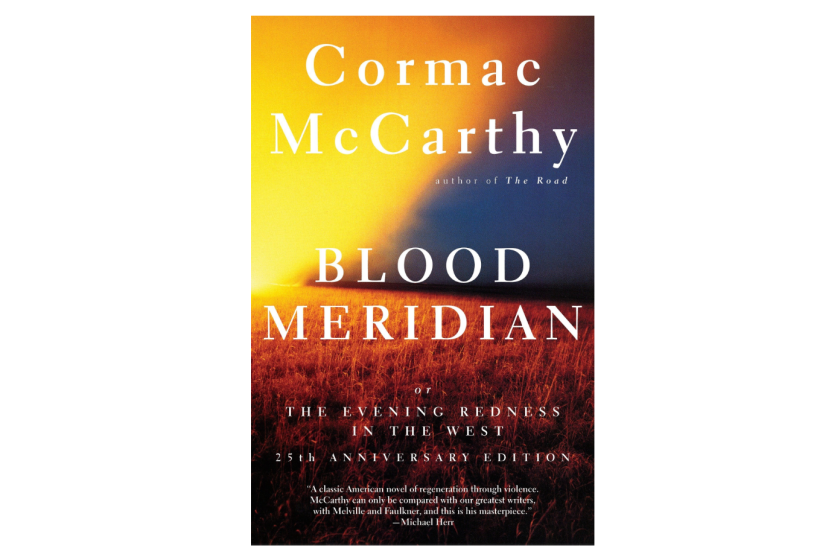
Amazon
Set in the brutal landscape of the 1850s Southwest, "Blood Meridian" follows the Kid's journey alongside the enigmatic Judge Holden and a gang embracing unrestrained savagery. McCarthy's unflinching exploration of humanity's darkest facets and the stark contrast between beauty and brutality leaves an indelible impression.
Editor's Note: Products featured on Wide Open Country are independently selected by our editors. However, when you buy something through our links, we may earn a commission.
